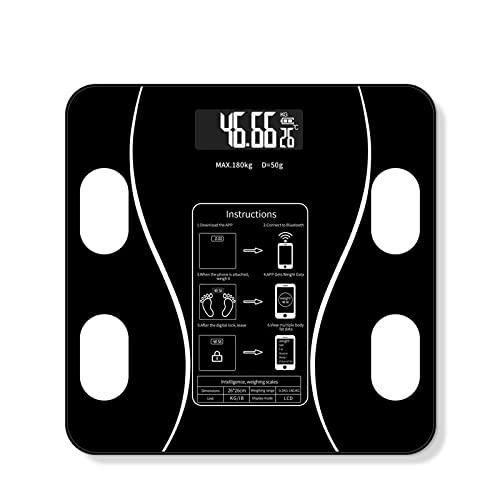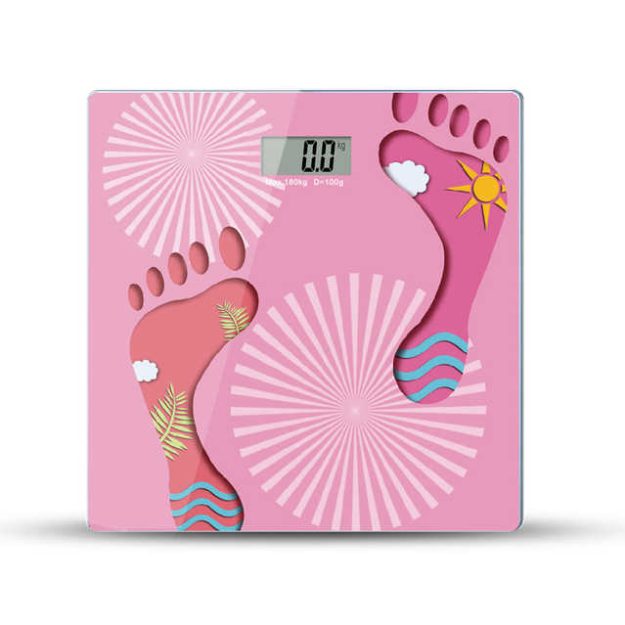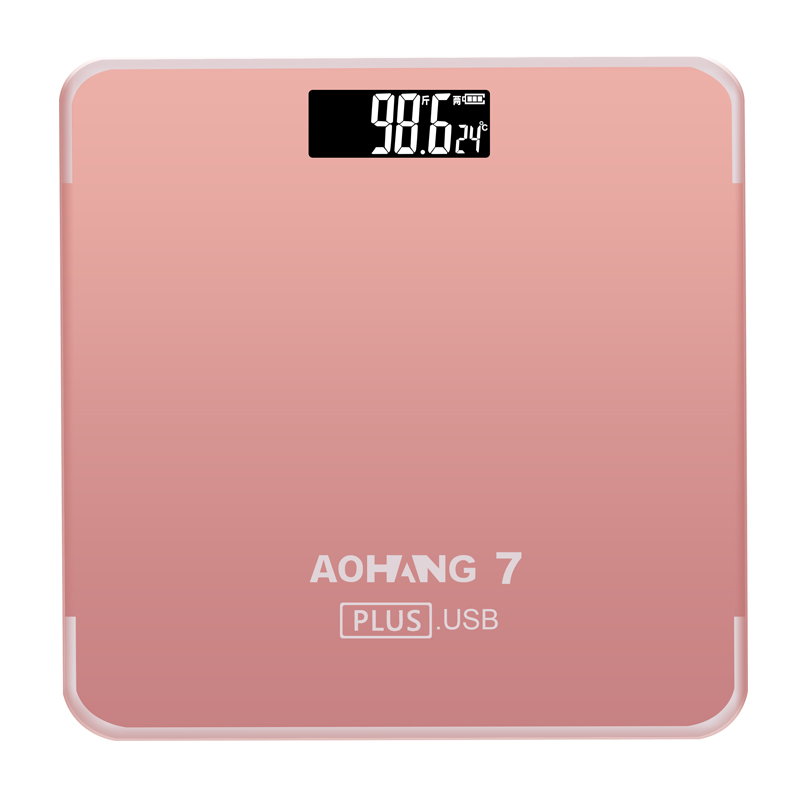Height And Weight Scales Cost. Height and weight scales are essential tools used in various settings,
including medical facilities, fitness centers, schools, and homes.
These scales provide precise measurements that are crucial for health monitoring, medical diagnostics, fitness assessments, and more.
Understanding the cost factors associated with these scales is vital for making an informed purchasing decision.
This comprehensive overview will delve into the types of height and weight scales, the features that
influence their cost, price ranges for different models, and tips for choosing the best scales within your budget.
Types of Height and Weight Scales
- Digital Scales: These use electronic sensors to provide accurate measurements. They often come with advanced features such as BMI calculation, data storage, and connectivity options.
- Mechanical Beam Scales: Traditional beam scales use a balance beam and sliding weights to measure weight. Known for their durability and reliability, they are commonly used in medical settings.
- Column Scales with Stadiometers: These scales combine weight measurement with an integrated height rod, allowing for simultaneous measurement of height and weight. Ideal for medical and fitness settings.
- Wheelchair Scales: Designed for patients who cannot stand, these scales accommodate wheelchairs and provide accurate weight measurements by subtracting the wheelchair’s weight.
- Infant Scales: Specifically designed for measuring the weight and length of infants, these scales feature safety trays to hold the baby securely during measurement.
- Portable Scales: Lightweight and easy to transport, portable scales are ideal for home visits, fieldwork, and any setting where mobility is necessary.
Features Influencing Cost
- Accuracy and Precision: Scales with high-precision sensors are generally more expensive due to the advanced technology required to ensure accuracy.
- Weight Capacity: Higher weight capacities often mean a higher cost. Scales designed to handle up to 180kg or more are typically pricier.
- Height Measurement Range: Scales that offer a wide range of height measurements, especially those with digital height rods, tend to cost more.
- Ease of Use: User-friendly interfaces, clear digital displays, and straightforward operation features add to the cost.
- Durability: Robust materials and construction increase the longevity of the scale but also its price.
- Safety Features: Non-slip platforms, handrails, and stable designs for added user safety contribute to higher costs.
- Connectivity: Features like Bluetooth or Wi-Fi that allow scales to sync with health monitoring apps or electronic health records (EHR) systems can significantly increase the price.
- Portability: Scales designed for easy transportation, often with carrying cases, may be more expensive due to the added convenience. Height And Weight Scales Cost
Price Ranges for Different Models
- Basic Digital Scales: These can range from $50 to $150. They provide accurate weight measurements and may include basic BMI calculation.
- Advanced Digital Scales: Priced between $150 and $500, these scales offer additional features such as detailed body composition analysis, multiple user profiles, and connectivity options.
- Mechanical Beam Scales: These typically cost between $200 and $600. Their durability and reliability justify the higher price range.
- Column Scales with Stadiometers: Prices range from $300 to $1,000, depending on the precision and additional features such as digital displays and connectivity.
- Wheelchair Scales: These are among the more expensive models, ranging from $500 to $2,000, due to their specialized design and high weight capacity.
- Infant Scales: Prices for infant scales range from $100 to $400, with higher-end models offering more precise measurements and additional safety features.
- Portable Scales: These range from $100 to $500. The price varies based on the accuracy, weight capacity, and portability features.
Cost Analysis by Brand
- Seca: Known for high-quality medical scales, Seca offers a range of products from basic models to advanced digital scales. Prices typically range from $200 to $1,500.
- Detecto: Specializing in mechanical and digital scales, Detecto�s products are priced between $150 and $1,200, with mechanical beam scales at the higher end.
- Health O Meter: This brand provides a variety of scales, including digital and mechanical options. Prices range from $100 to $1,000.
- Tanita: Known for advanced body composition monitors, Tanita�s scales range from $150 to $500, focusing on detailed health metrics.
- Omron: Offering affordable digital scales with basic and advanced features, Omron�s products range from $50 to $300.
Tips for Choosing the Best Scales Within Your Budget
- Determine Your Needs: Consider where and how the scale will be used. Medical facilities may require high-capacity, highly accurate models, while home users might prioritize portability and ease of use.
- Set a Budget: Determine how much you are willing to spend. While it is important to invest in quality, ensure that the scale fits within your budget.
- Compare Features: Look for scales that offer the features you need without unnecessary extras that increase the cost.
- Read Reviews: Check reviews and ratings from other users to gauge the reliability and performance of the scale.
- Consider Long-term Use: Investing in a durable and reliable scale may save money in the long run, even if the initial cost is higher.
- Warranty and Customer Support: Ensure the scale comes with a good warranty and that the manufacturer provides reliable customer support.
Conclusion
The cost of height and weight scales varies significantly based on the type, features, brand, and intended use.
Understanding these factors can help you make an informed decision when purchasing a scale.
Whether you need a basic digital model for home use, a robust mechanical scale for a busy medical
facility, or an advanced body composition monitor for a fitness center, there are options available to meet your needs and budget.
By carefully considering the features and cost factors discussed in this guide, you can find the perfect
height and weight scale to support your health, fitness, or professional requirements.
Investing in the right scale ensures accurate measurements and contributes to better health monitoring and improved outcomes.
We are located at Wandegeya University Plaza Room A18
For more details please contact us on ; +256 700225423
+256 (0) 787089315
Or email us at:[email protected]







